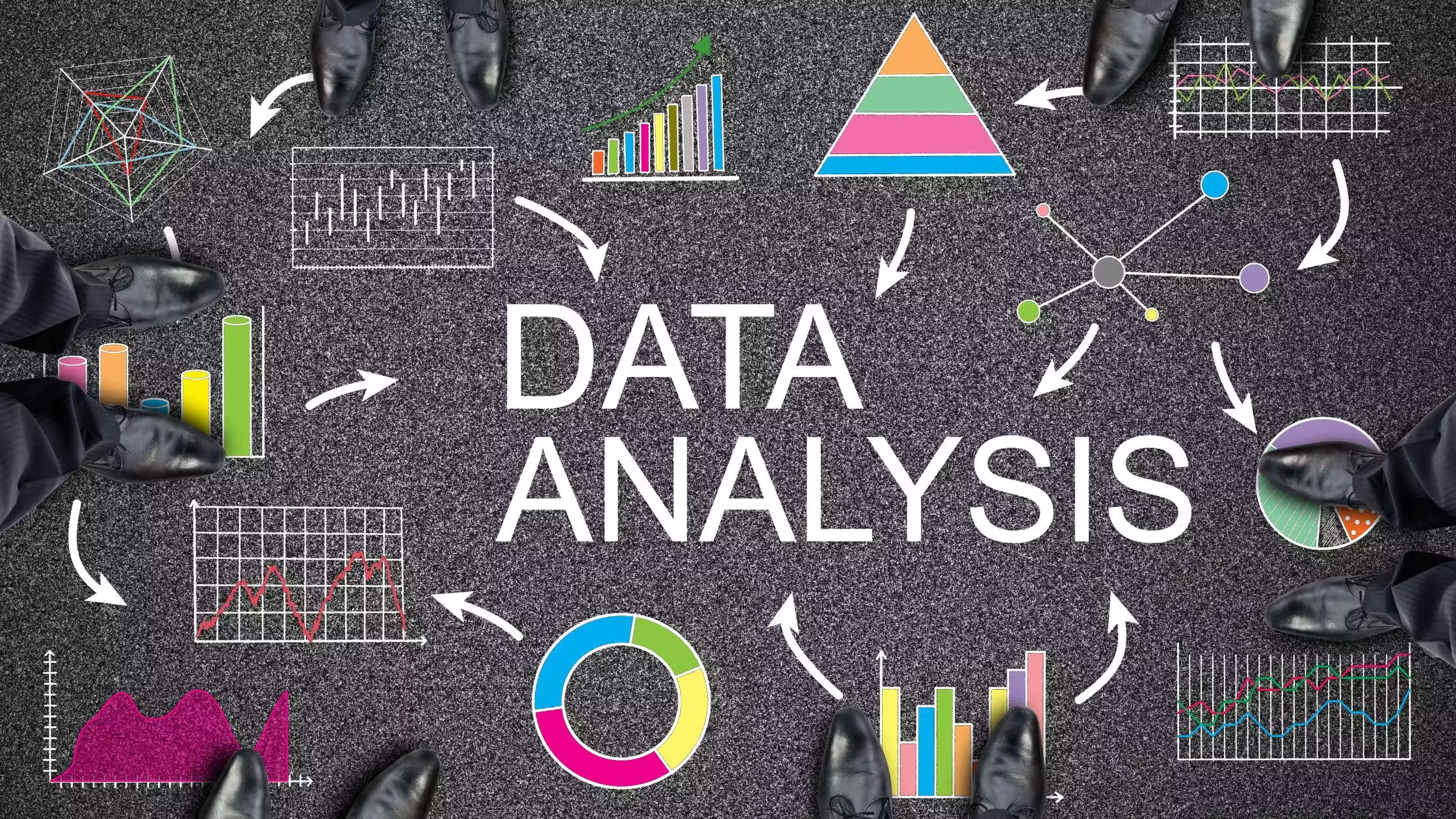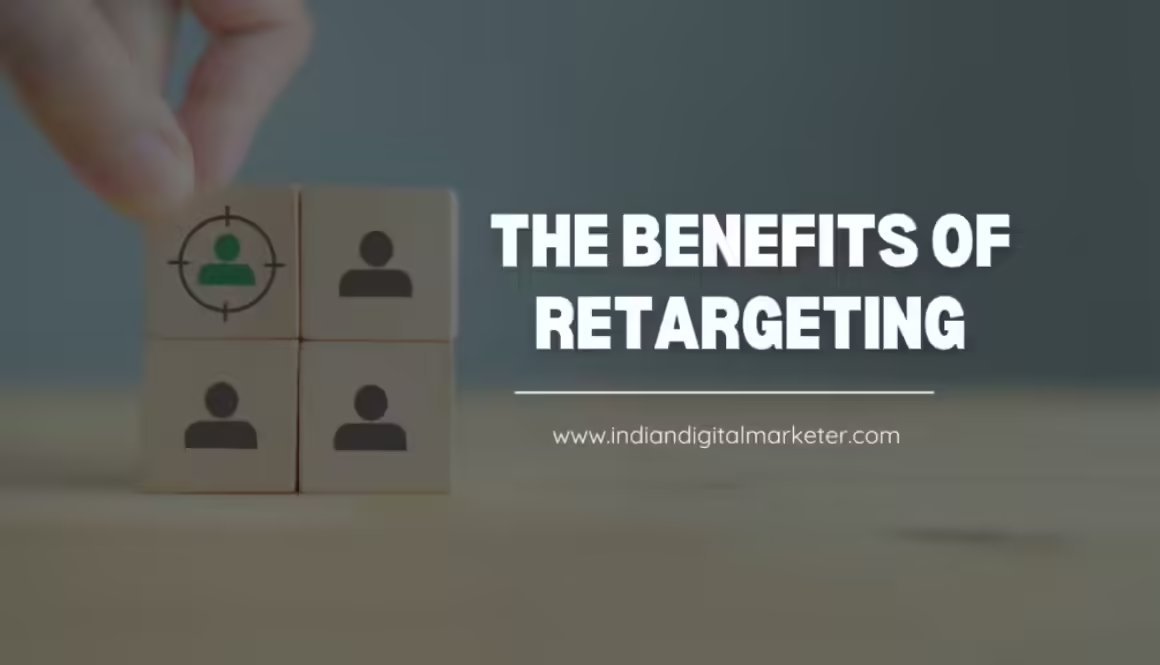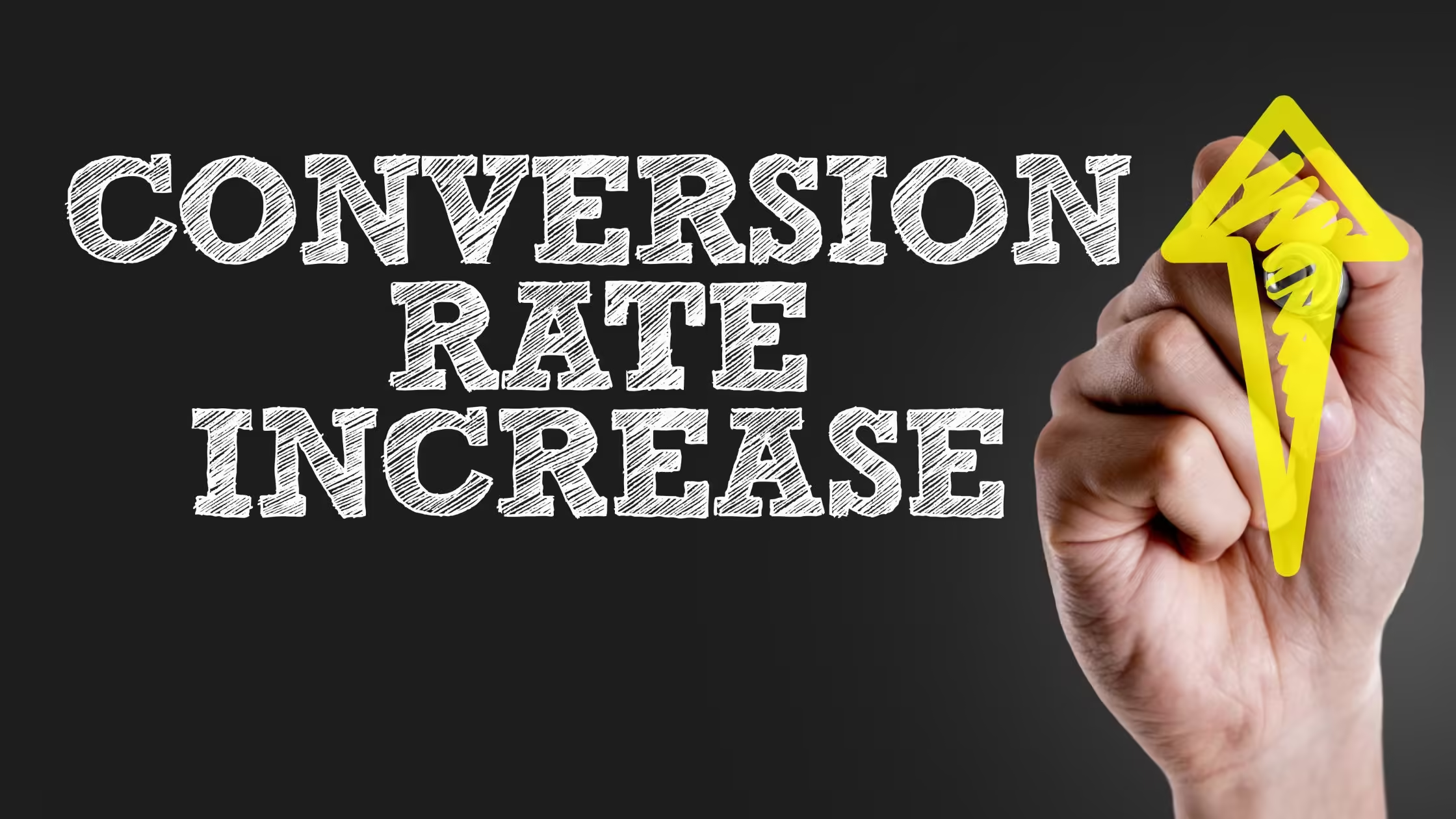Social Media Trends 2025: What’s Changing and Why It Matters
Social media constantly evolves, and staying updated with the latest trends is crucial for businesses, creators, and marketers. Whether you’re a small business owner, a content creator, or someone who loves social media, knowing what’s trending can help you stay ahead.
Let’s dive into the most exciting social media trends shaping 2025!
1. AI-Powered Content Creation
Artificial Intelligence (AI) is revolutionizing the way we create content. From AI-generated captions to automated video editing, social media platforms are making it easier for users to produce engaging content. Tools like ChatGPT, Canva, and InVideo are helping brands scale their content creation without requiring a big team.
How to Use This Trend:
-
Utilize AI tools to create high-quality posts quickly.
-
Experiment with AI chatbots for customer interactions.
-
Automate repetitive tasks like scheduling and analytics.
2. The Rise of Short-Form Video Content
Platforms like TikTok, Instagram Reels, and YouTube Shorts continue to dominate. Short-form videos grab attention quickly and are easy to consume, making them a favorite among users.
How to Use This Trend:
-
Keep your videos short, engaging, and entertaining.
-
Use trending sounds and hashtags to increase reach.
-
Post consistently to stay visible in feeds.
3. Growth of Social Commerce
Shopping directly on social media is becoming more popular. Platforms like Instagram, Facebook, and TikTok now offer built-in shopping features, allowing users to discover and purchase products without leaving the app.
How to Use This Trend:
-
Set up a social media shop on platforms like Instagram and Facebook.
-
Use engaging product videos and influencer collaborations.
-
Offer exclusive discounts for social media shoppers.
4. Influencer Marketing 2.0
Influencer marketing is evolving beyond big celebrities. Brands are now collaborating with micro-influencers (10K-100K followers) and nano-influencers (1K-10K followers) for better engagement and authenticity.
How to Use This Trend:
-
Partner with influencers who align with your brand values.
-
Focus on authentic content rather than overly polished ads.
-
Encourage user-generated content for organic reach.
5. The Popularity of Private Communities
People are moving away from public posts to private communities on platforms like Discord, Telegram, and Facebook Groups. These communities offer a more personalized and meaningful way to connect with audiences.
How to Use This Trend:
-
Create exclusive communities for loyal customers.
-
Offer special perks like early product access and discounts.
-
Engage consistently to build trust and loyalty.
6. Interactive & Engaging Content
Interactive content such as polls, quizzes, and live Q&A sessions is becoming more popular. Users prefer content that allows them to engage rather than just passively consume.
How to Use This Trend:
-
Run polls and quizzes to keep your audience engaged.
-
Host live sessions to answer questions in real time.
-
Encourage discussions through comments and story interactions.
7. Personalized Content & User Experience
Social media algorithms are now prioritizing personalized content. Platforms like Instagram and TikTok are showing users content based on their preferences and interactions.
How to Use This Trend:
-
Analyze insights to understand your audience’s interests.
-
Personalize content using user behavior and engagement patterns.
-
Test different formats to see what resonates best.
8.Ephemeral Content is Still Relevant
Stories on Instagram, Facebook, and WhatsApp disappear after 24 hours, creating a sense of urgency. Brands use this to keep users engaged daily.
How to Use This Trend:
-
Share behind-the-scenes content to connect with your audience.
-
Use countdowns and limited-time offers to drive action.
-
Post interactive stickers to increase engagement.
9. Social Media SEO
Social media platforms are becoming search engines. Users are searching for brands, reviews, and products directly on Instagram, TikTok, and Pinterest.
How to Use This Trend:
-
Optimize your bio and captions with relevant keywords.
-
Use hashtags strategically for discoverability.
-
Encourage users to save and share posts to boost visibility.
10. Sustainability & Social Responsibility
Consumers are looking for brands that align with their values. Brands focusing on sustainability and social causes are gaining more trust and loyalty.
How to Use This Trend:
-
Share your brand’s sustainability efforts.
-
Support social causes and encourage community participation.
-
Be transparent about ethical practices.
Conclusion
Social media is changing rapidly, and adapting to new social media trends can help businesses and creators thrive in 2025. From AI-driven content creation to the rise of short-form videos, staying ahead of these trends will keep you relevant and competitive.

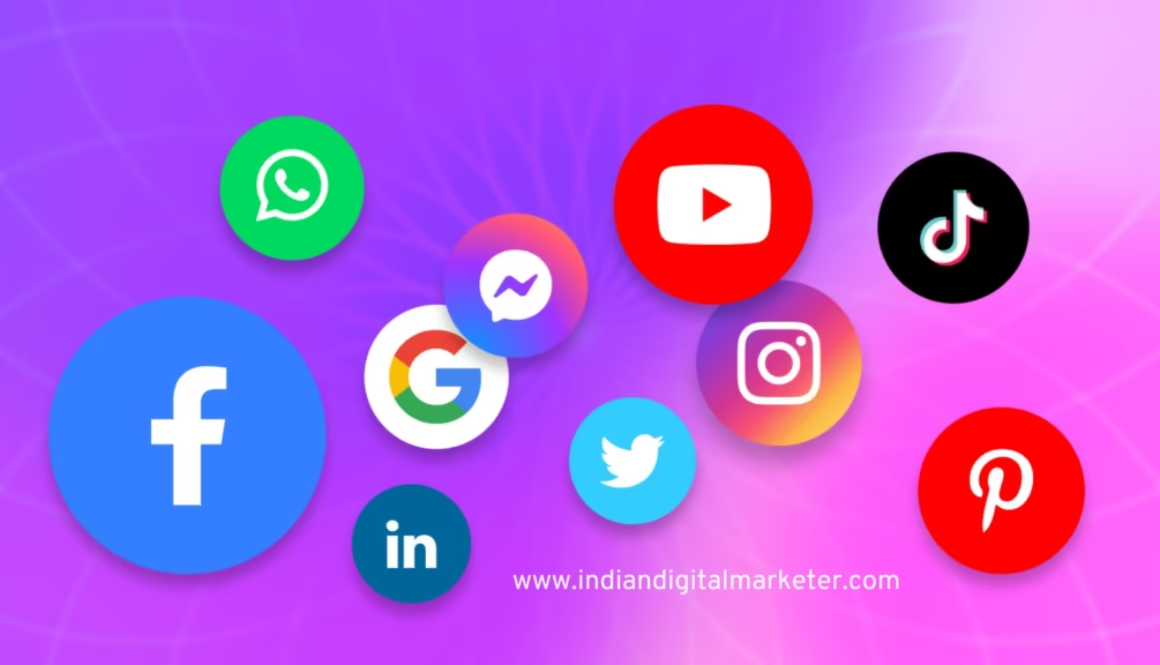

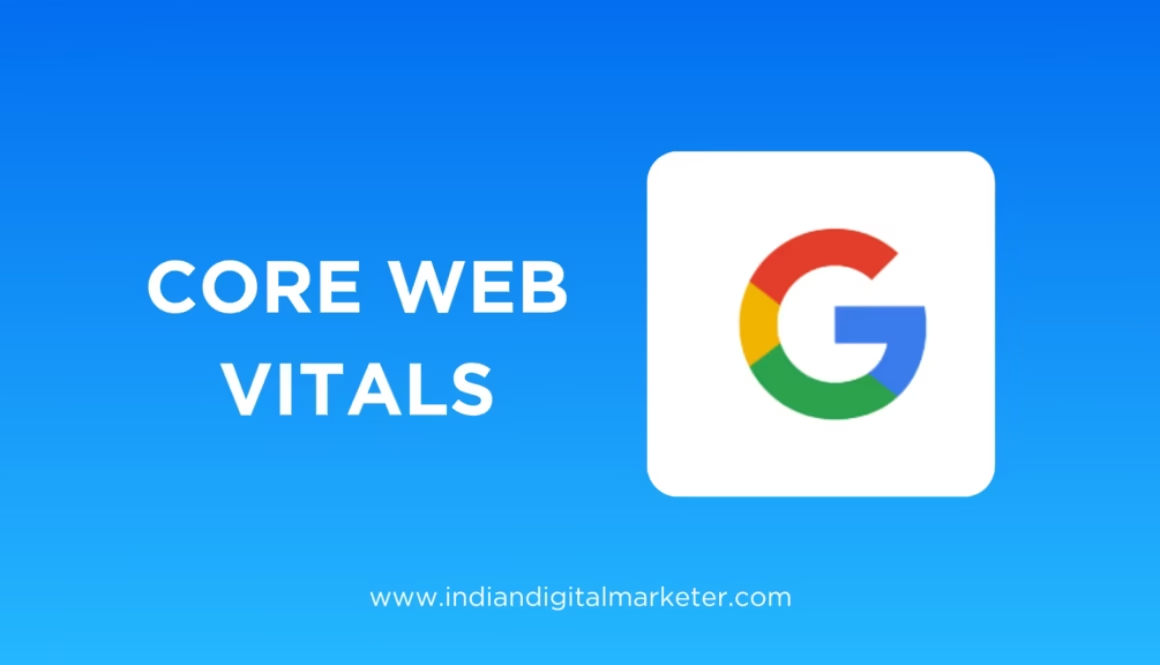
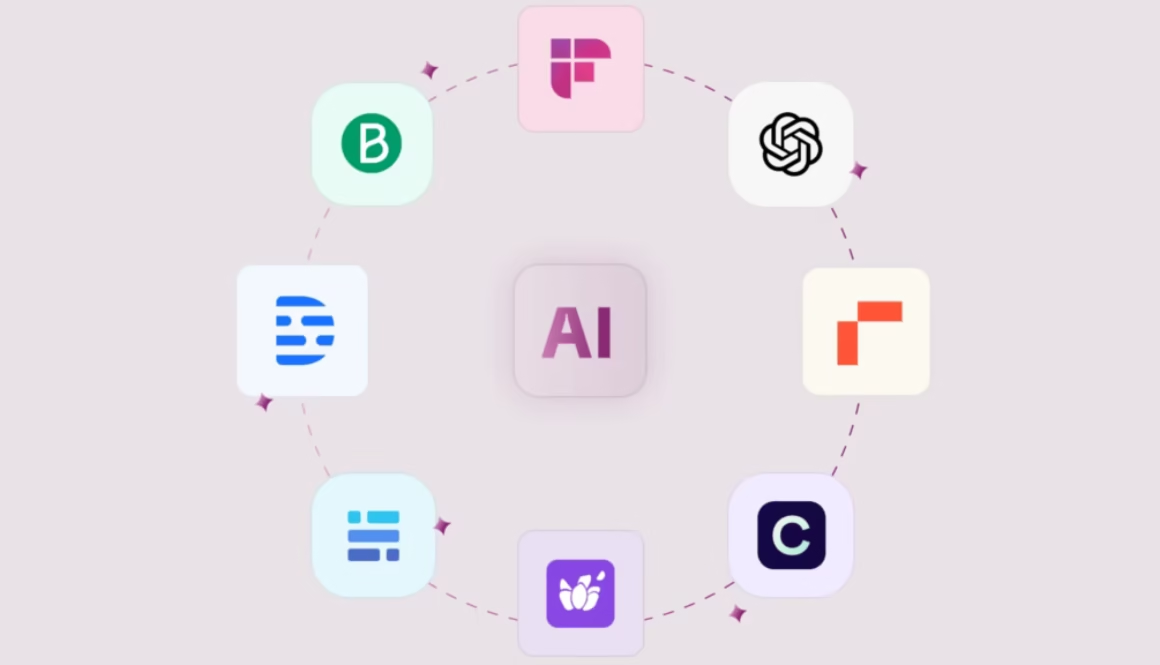
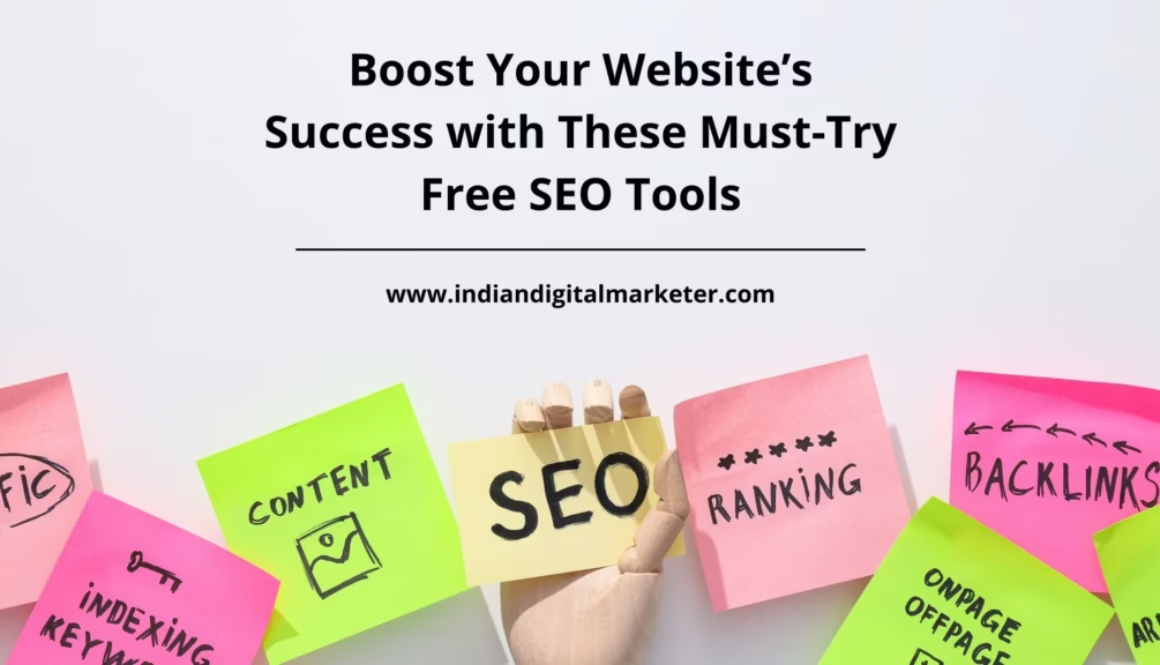

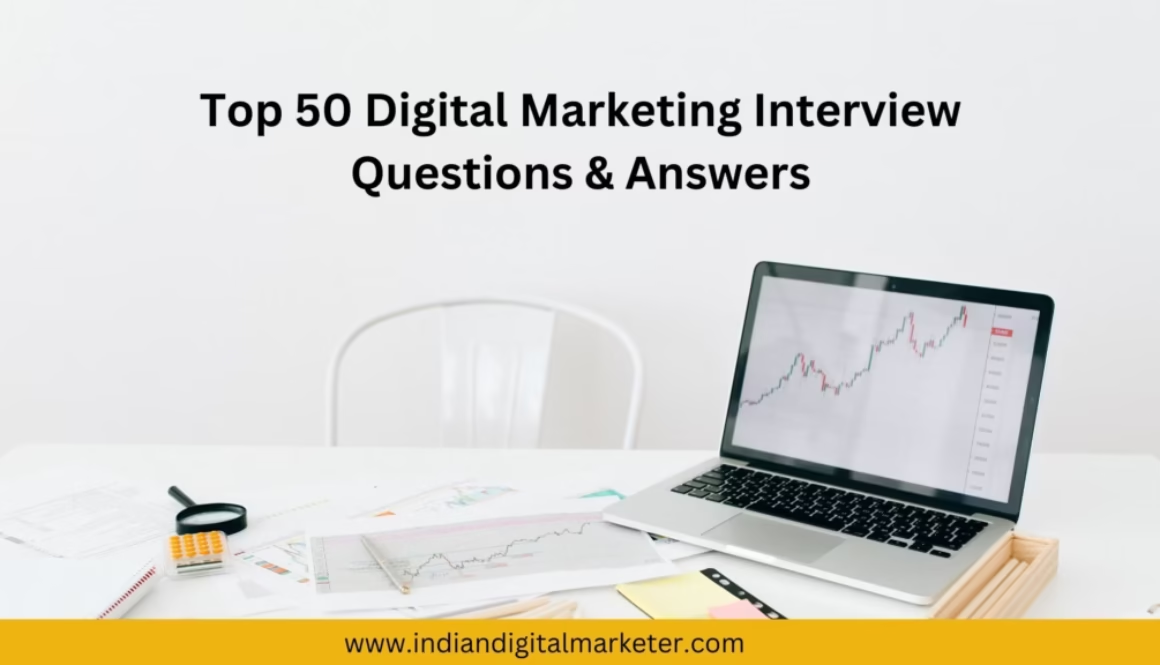

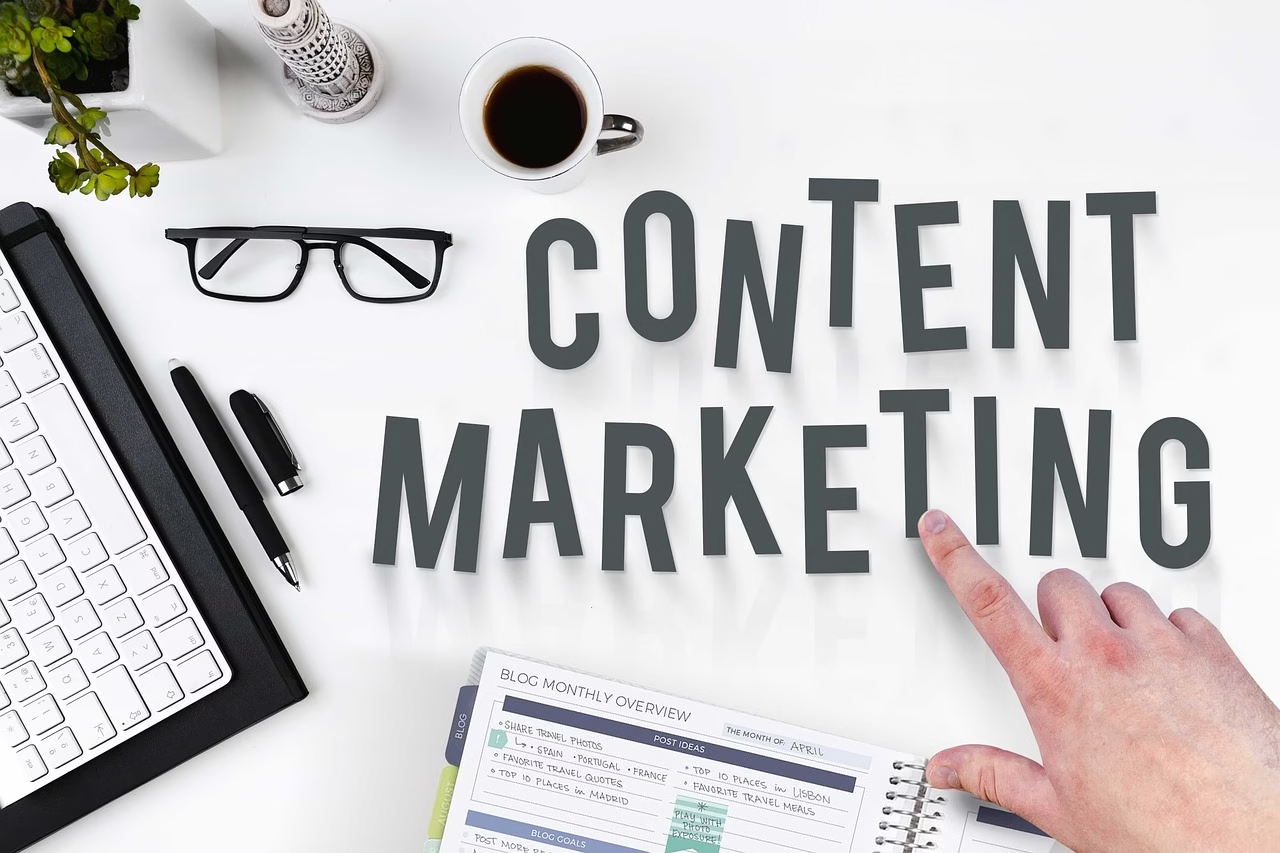

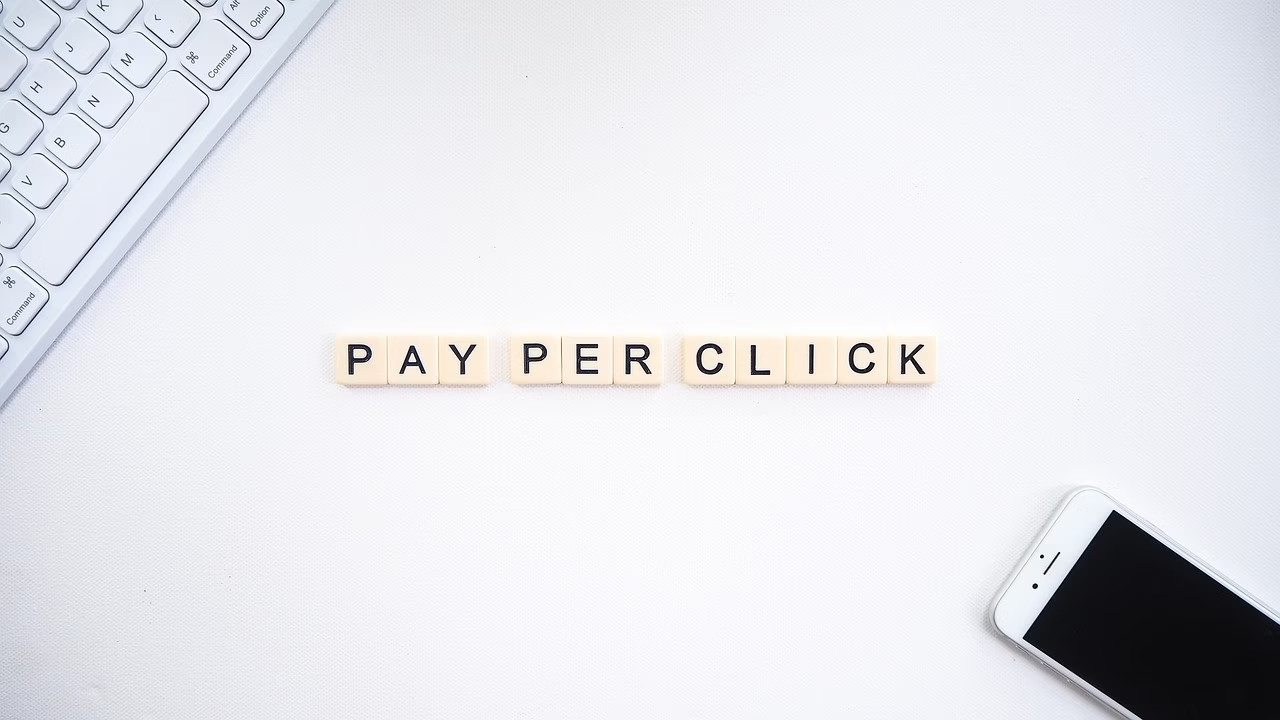

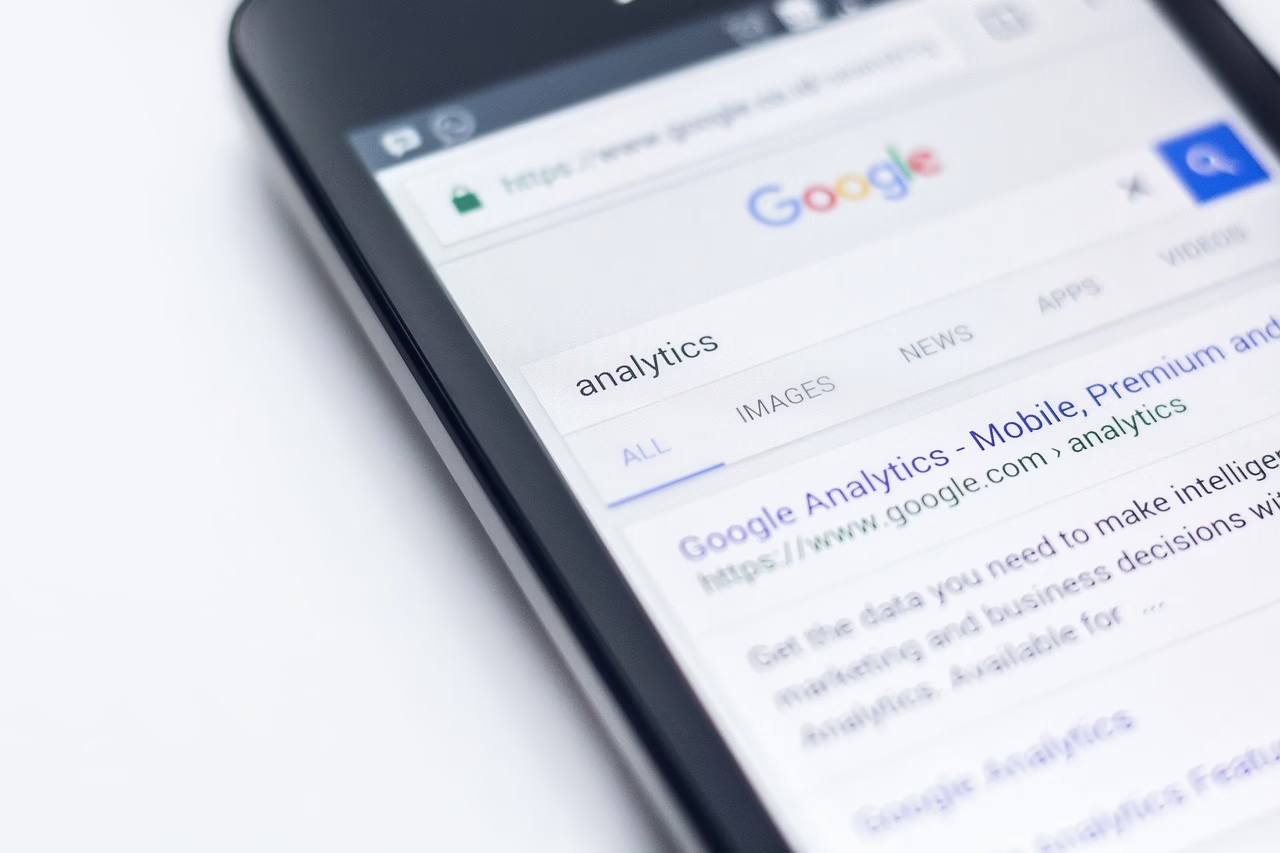

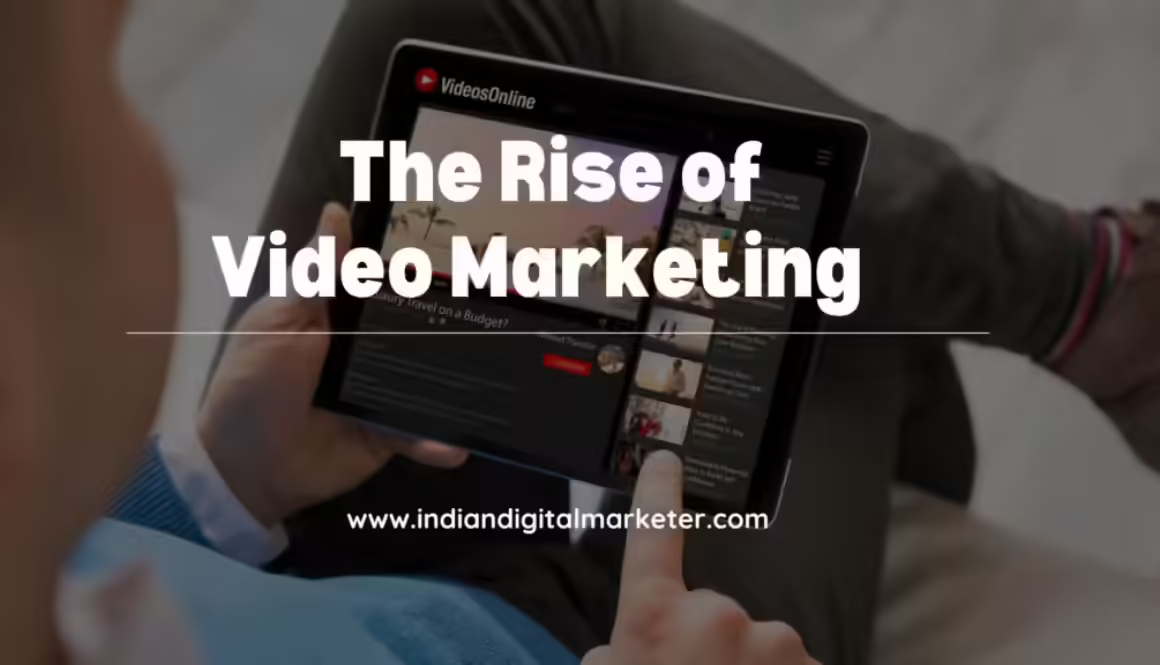
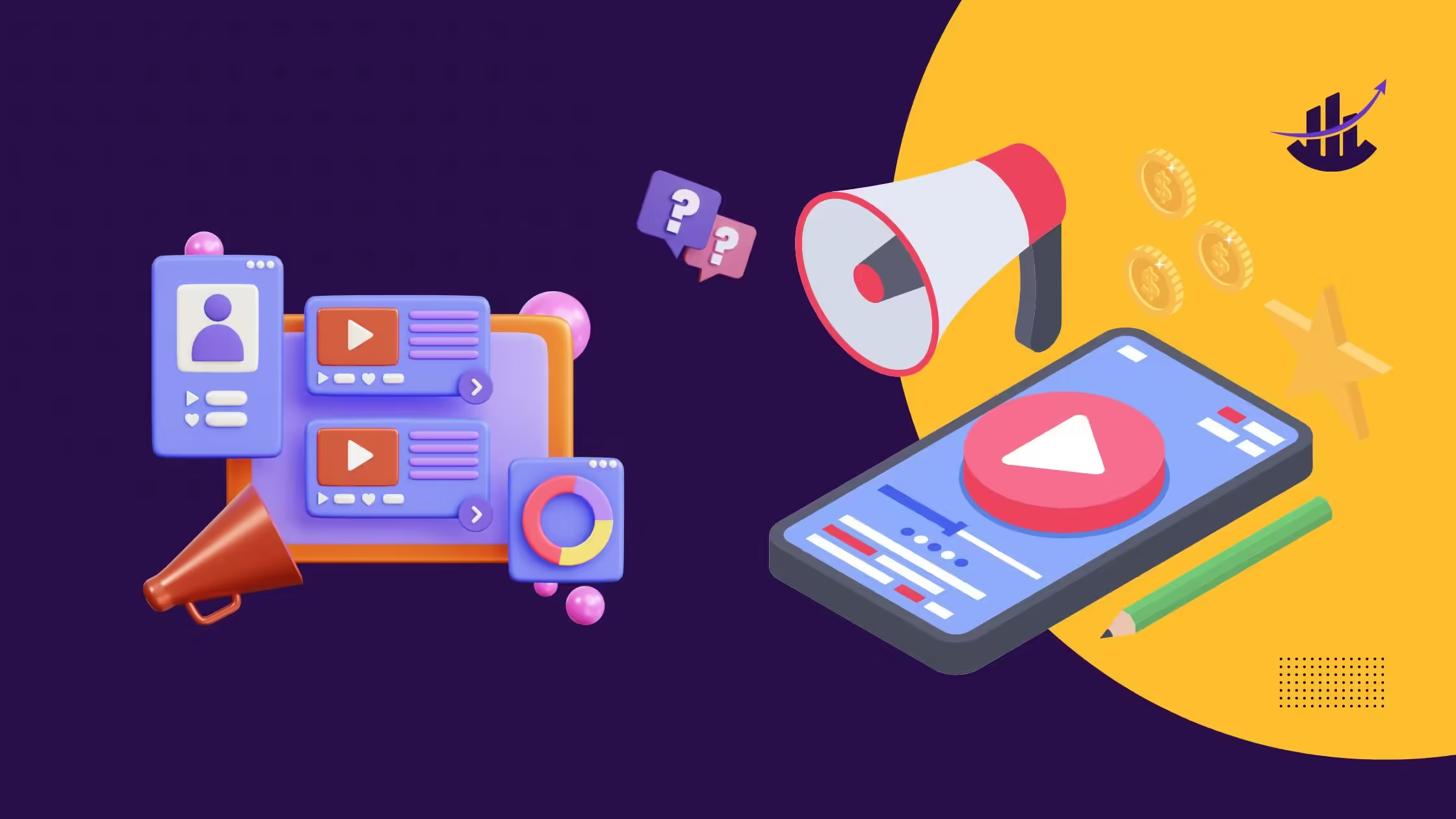
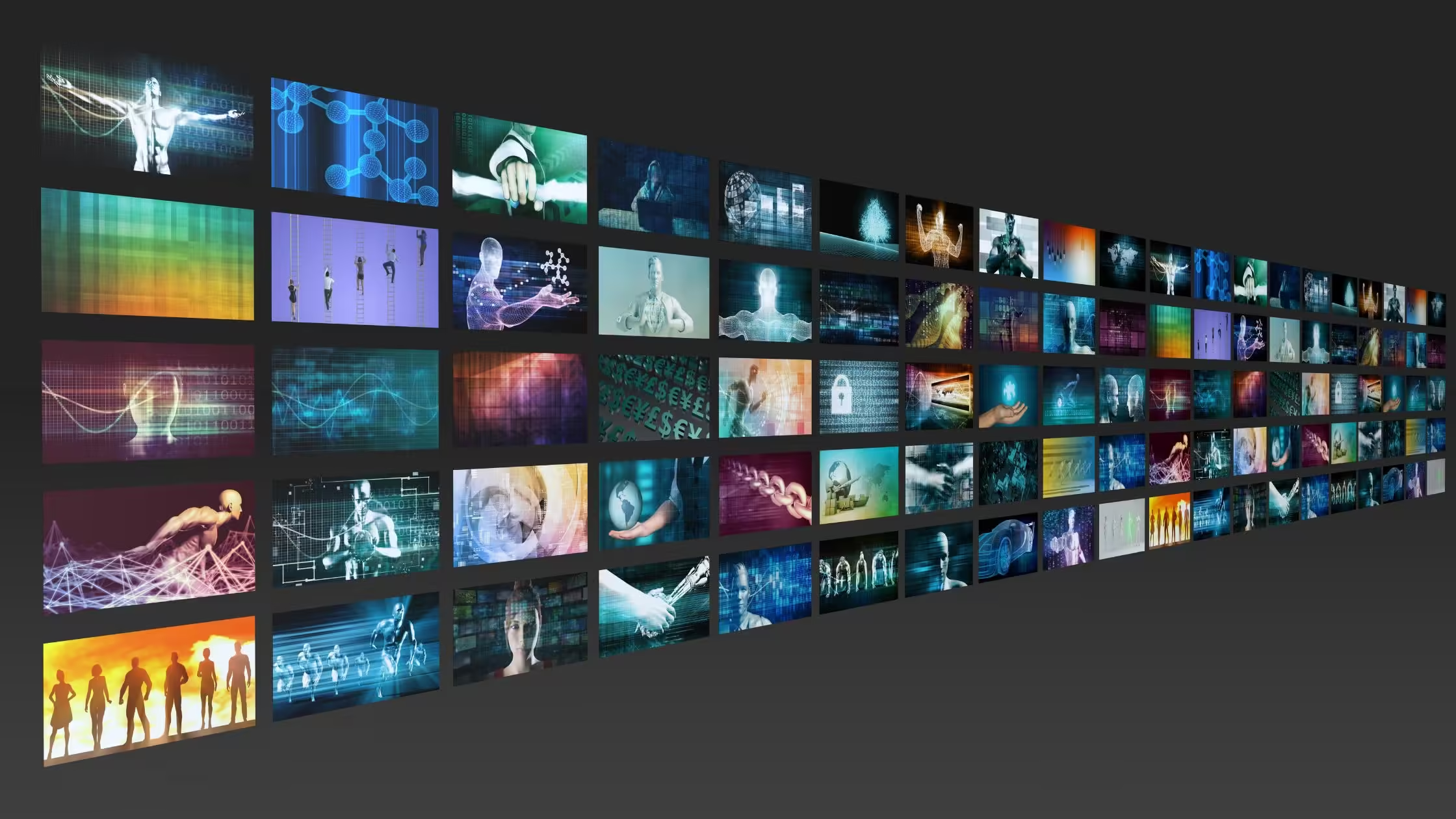
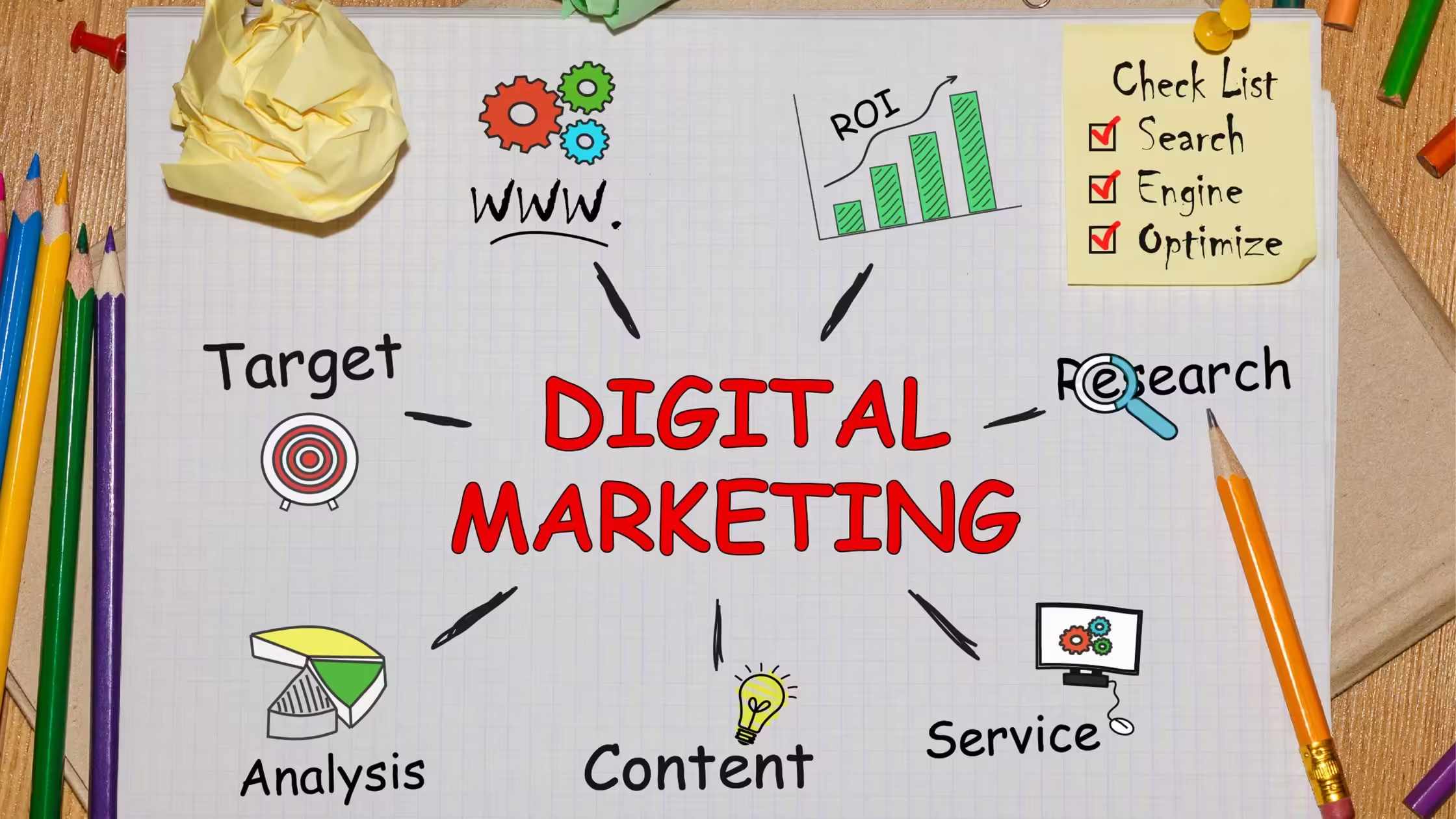
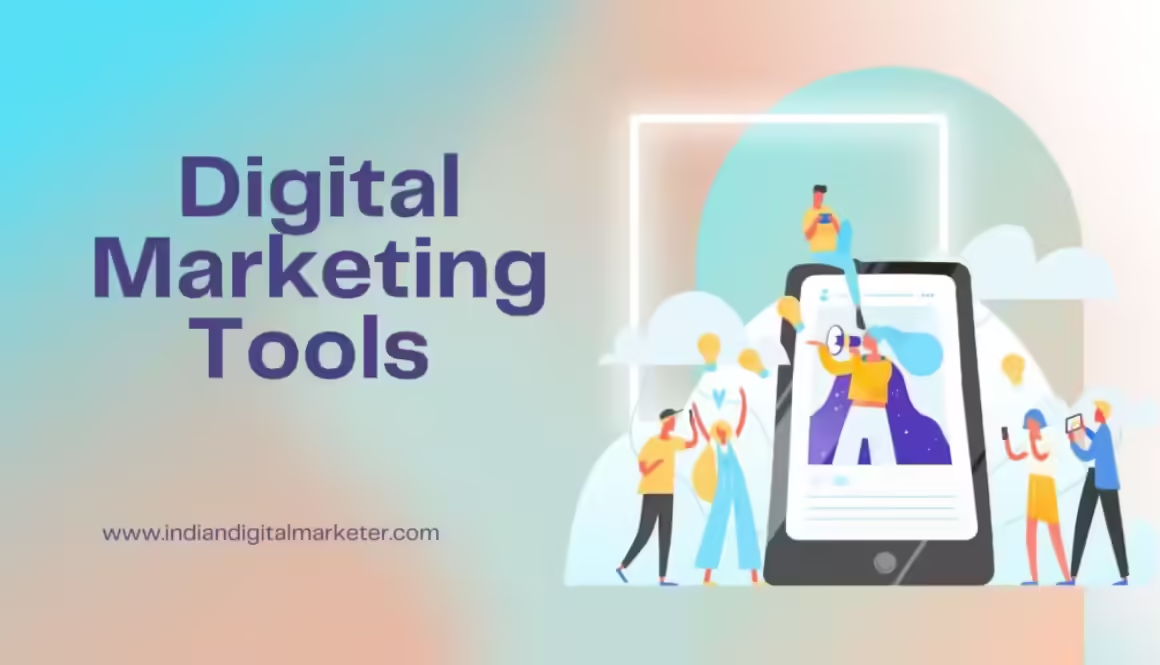



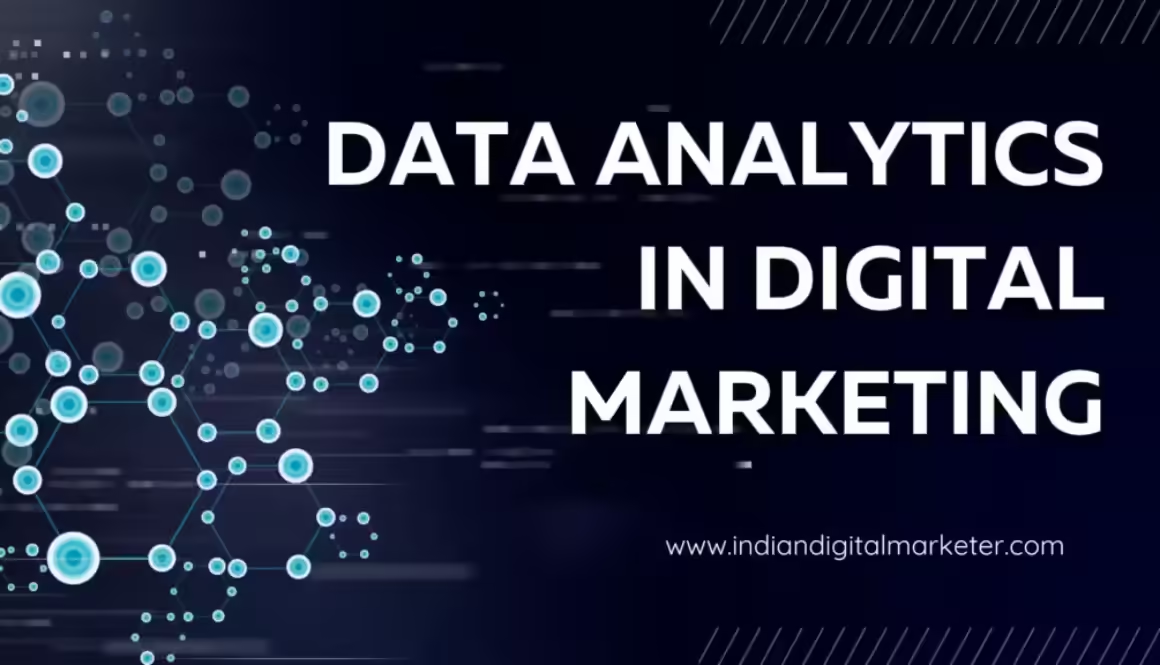

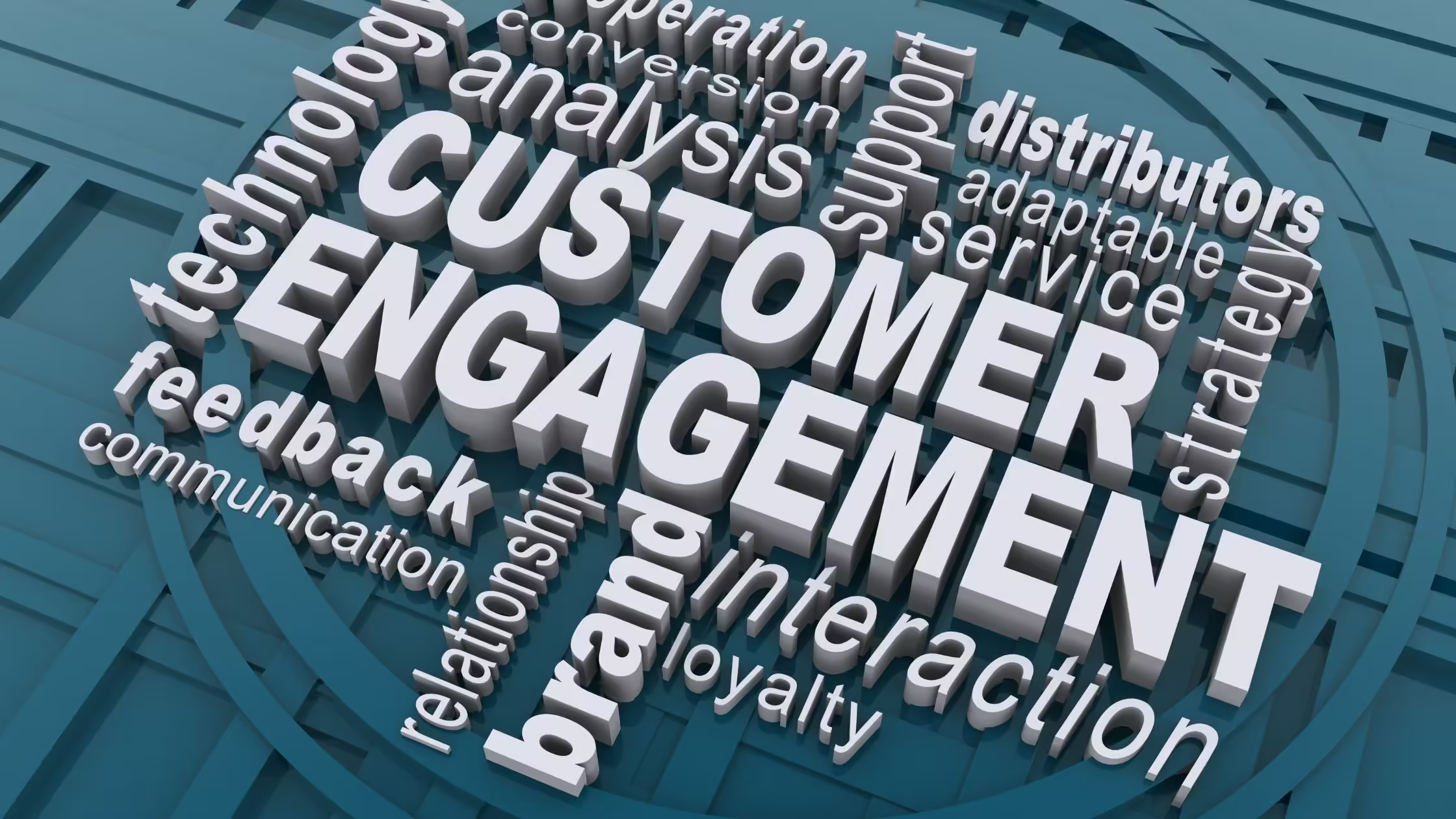 For digital marketing to be effective, engaging the audience is crucial. Data Analytics allows marketers to understand how their audience interacts with various types of content—whether blog posts, videos, or
For digital marketing to be effective, engaging the audience is crucial. Data Analytics allows marketers to understand how their audience interacts with various types of content—whether blog posts, videos, or 